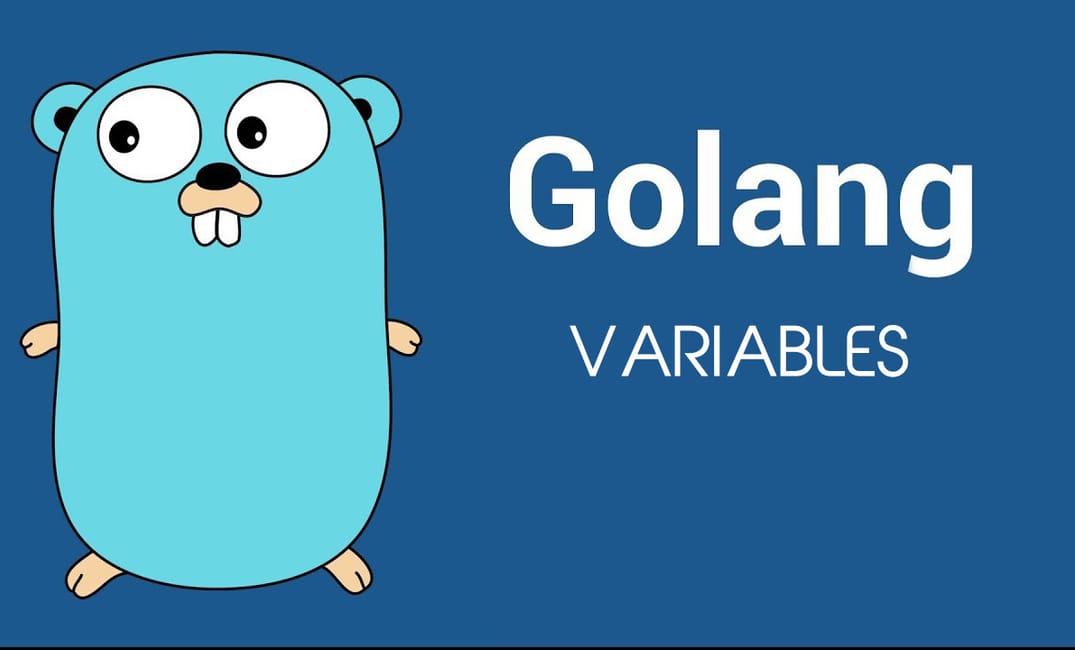A variable is an identifier for allocating memory to store a specific value.
Variable Declaration
Variable declaration in GO has the following syntax. var <name of the variable> <variable type>An example variable declaration is shown below. package main
import "fmt"
func main() {
var name string // variable declaration
fmt.Println("my name", name)
}
In the above code we declared the variable type string, however, we have assigned any value to it. So go automatically assigns the defaults value as empty. If the type is int, the default value will be zero.
Now let's try to assign some value to few variable types.
package main import "fmt" func main() { var name string = "scriptcrunch" fmt.Println("my name", name) var num int = 1234 fmt.Println("Site No", num) }
Go Type Inference
One good thing about go is, you don't have to declare the variable type like we did before. Go will automatically infer the variable type. For example package main
import "fmt"
func main() {
var name = "scriptcrunch"
fmt.Println("my name", name)
var num = 1234
fmt.Println("Site No", num)
}
Multiple Variable Declaration
A single variable declaration can contain multiple variables. package main
import "fmt"
func main() {
var name, num = "scriptcrunch", 1234
fmt.Println("my name", name, "My number is", num)
}
Multiple variables can be declared in the following way as well.package main import "fmt" func main() { var ( name = "scriptcrunch" num = 1234 country string ranking float32 ) country = "United States" ranking = 13.456 fmt.Println("my name", name, "My number is", num) }
In the above example, we have four variables. Two variables have a value assigned during initialization while other two got initialized first with the variable type and later the values for assigned.
Shorthand Declaration
You can use the shorthand operator (:=) for assigning variables. Using shorthand you an initialize and assign variables in single line. package main
import "fmt"
func main() {
name := "scriptcrunch"
num := 1234
country, code := "United States", 23.456
fmt.Println("my name", name, "My number is", num)
fmt.Println("Country is", country, "code is ", num)
}

